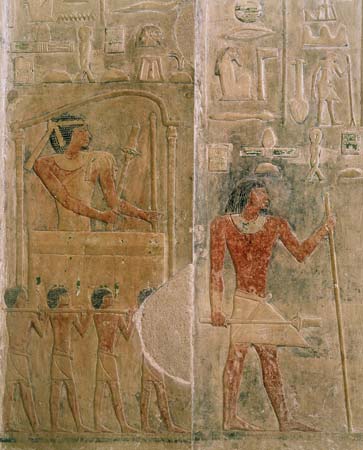One of many reasons to love African culture is the moral behavior varied traditional practices encourage. In fact, one of the world’s oldest text about ethical instruction, The Book of Ptah Hotep, was written by an early African more than 4,000 years ago. Ptah Hotep, great sage, and advisor to Pharaoh Djedkare Isesi of Kemet/ Egypt, wrote a set of directives that offer insight into the high regard Africans afforded ethical behavior. The instructions underscored the importance of telling the truth, treating people with compassion, communicating respectfully, and a host of other behaviors that foster good character development.
For example, The Book of Ptah Hotep directed Africans to listen inwardly to their hearts for guidance, rather than to chase only material wealth, “for riches are of no avail if one be weary.” Readers were reminded to be gracious and cooperative with others, because “quarrelling in place of friendship is a foolish thing.” Highlighting the importance of listening and observing to understand people and events, Ptah Hotep stated, “silence is more profitable unto thee than abundance of speech.” The sacred writings not only offer a glimpse into the ethical orientation of ancient Africans, they provide written evidence of the moral leadership Africans contributed to the world.
Click here to learn more about the ethical wisdom of Africans, personified by Ptah Hotep.

